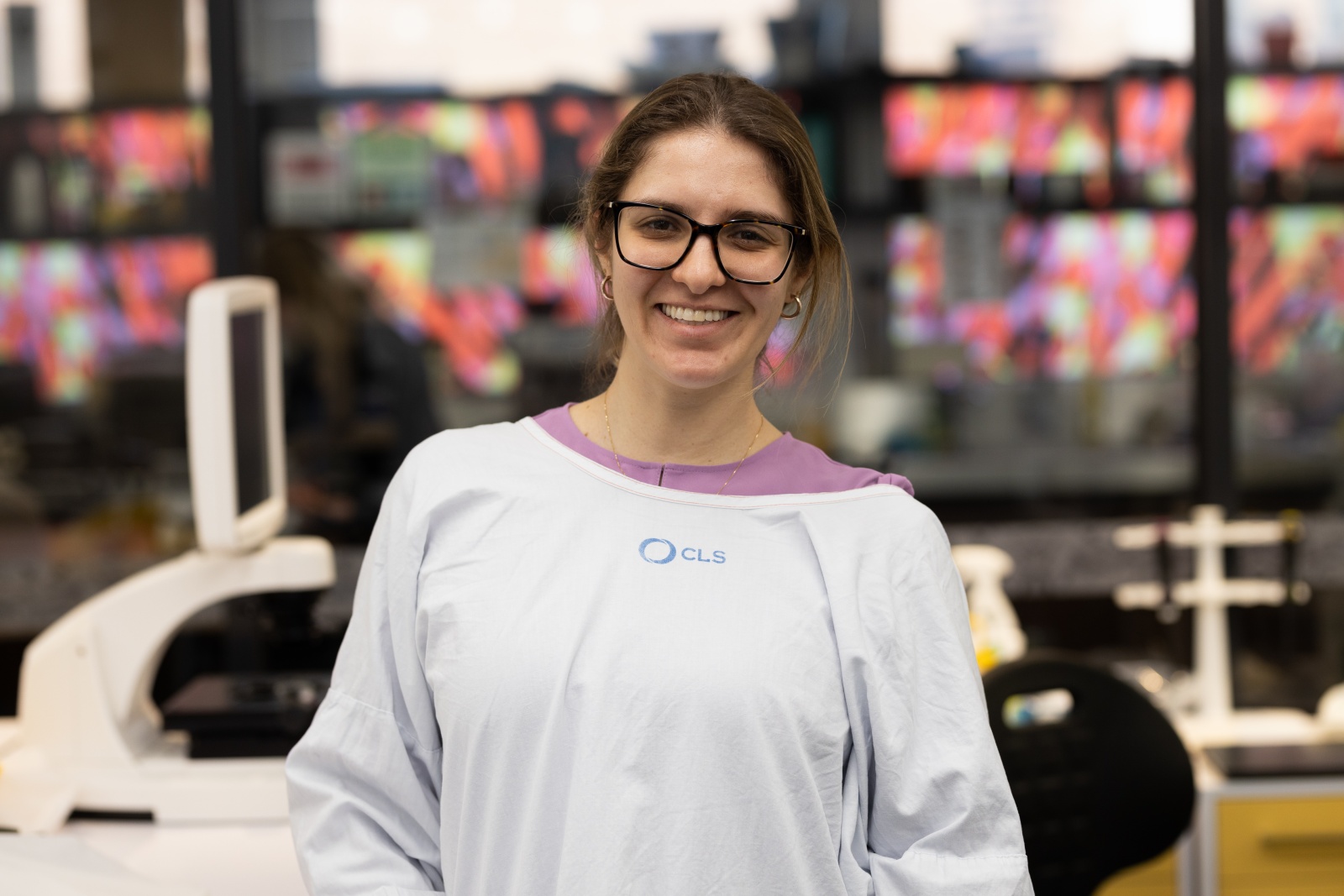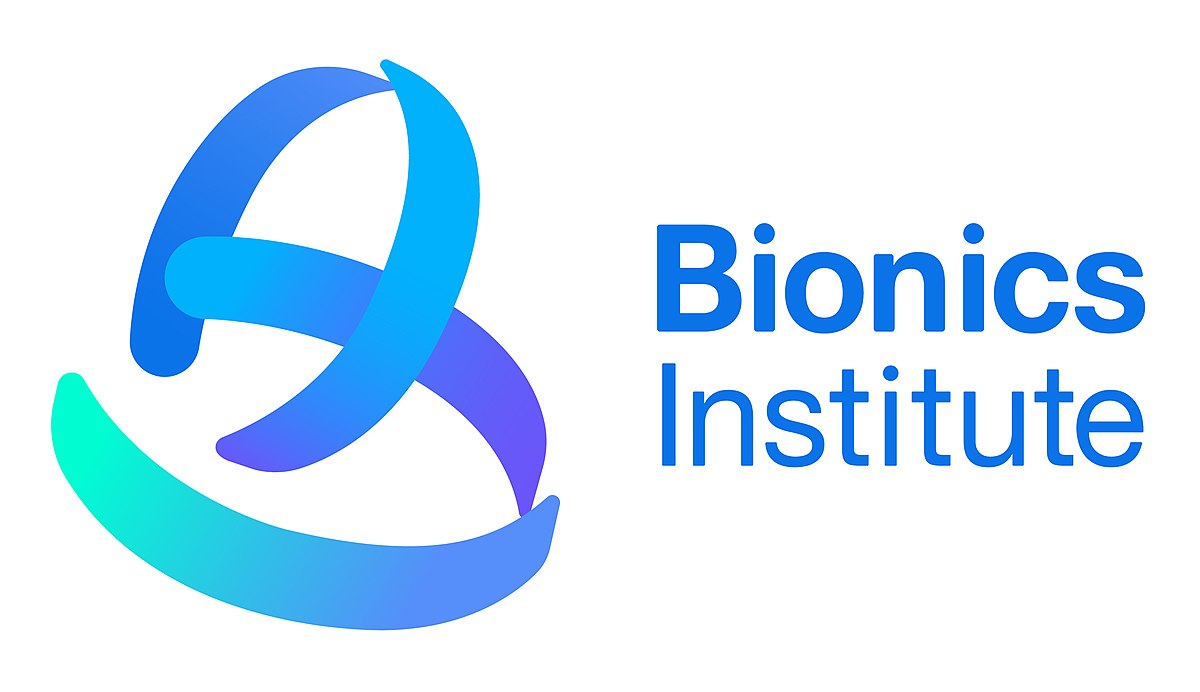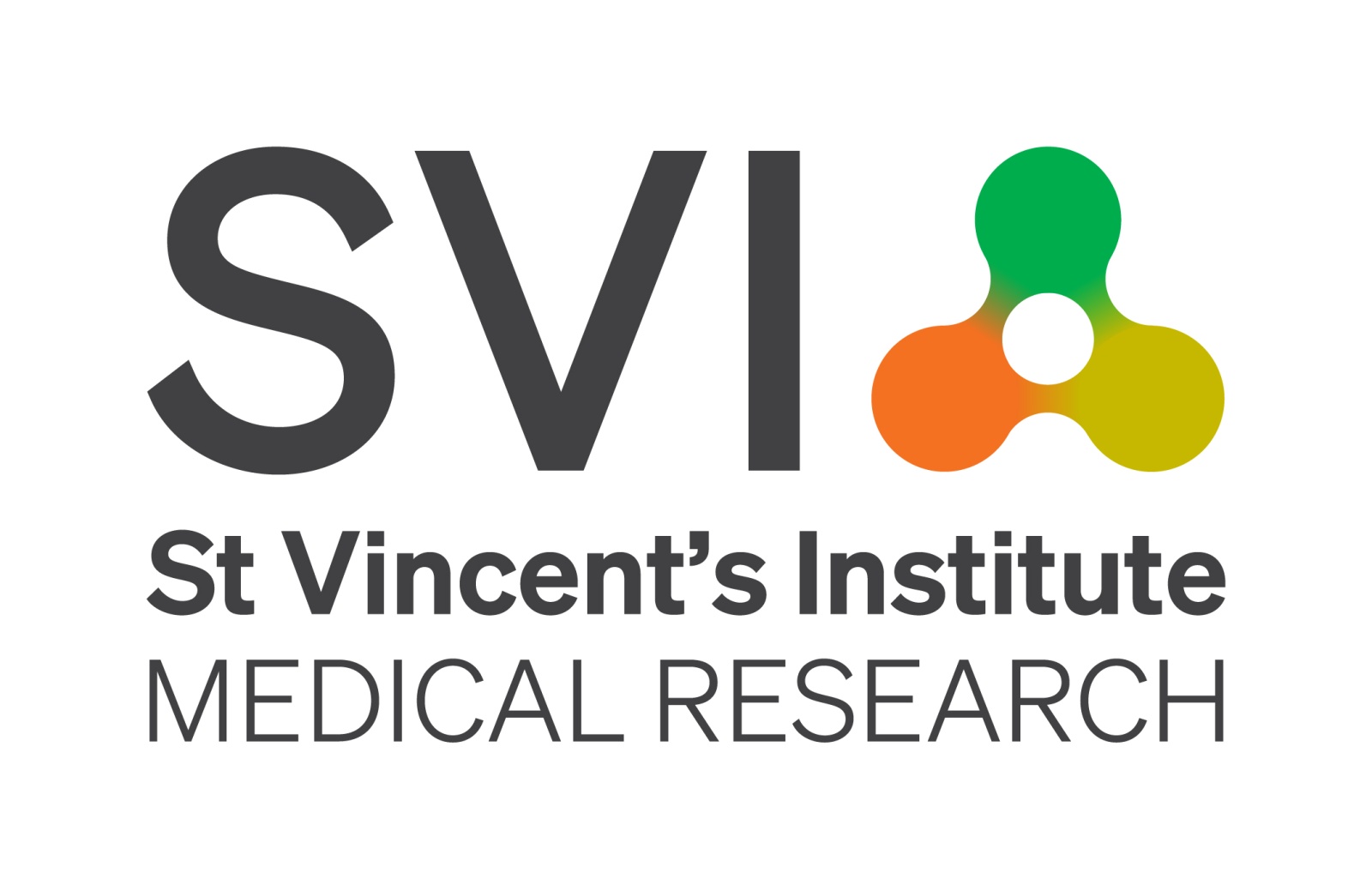We will be focusing on Australia’s second deadliest cancer, Bowel Cancer.
Almost 99 per cent of bowel cancer cases can be successfully treated, if detected early. However, of the eligible population to receive government test kits, only 40 per cent are returned. And we are seeing the rise of young-onset cancer. For this Challenge Seminar our speakers include Stephanie Bansemer-Brown, from Bowel Cancer Australia, and Associate Professor John Ding, Gastroenterologist, St Vincent’s Hospital, Melbourne, along with Dr Christina Trambas and Bree James, from the Department of Biochemistry at St Vincent’s Pathology. Stephanie will share a patient’s perspective about her cancer journey after being diagnosed with Stage 3 bowel cancer at the age of 41. Ten years on, she is cancer free and dedicates her time to raising awareness about the disease. A/Prof Ding will speak about the doctor-patient role, focusing on improving sampling and early detection, while Dr Trambas and Bree will cover an overview of the total testing pathway for bowel cancer screening using immunochemical faecal occult blood tests, including analytical performance and potential barriers to successful testing.
Challenge Seminar Speakers
- Stephanie Bansemer-Brown, Bowel Cancer Australia
- Associate Professor John Ding, Gastroenterologist, St Vincent’s Hospital, Melbourne
- Dr Christina Trambas and Bree James, Department of Biochemistry at St Vincent’s Pathology
Date: Monday, 7 February
Time: 2:00pm – 3:00pm
“Bowel cancer is Australia’s second deadliest cancer after lung cancer. Screening is crucial for early detection and ultimately better survival rates, but 60% of people who receive screening kits do not perform it. We want to design a process that will lead to better bowel cancer screening rates through increased awareness and closing the loop on this preventable cancer.”
Challenge Seminar Speakers




For this Challenge Seminar and Workshop the ACMD acknowledges the support of the Australian Medtech Manufacturing Centre. This Victorian Government partnership brings together health and industry stakeholders from across the ecosystem to co-design solutions to frontline healthcare challenges, and grow clinician-led innovation that stimulates local manufacturing, procurement, and industry innovation.








